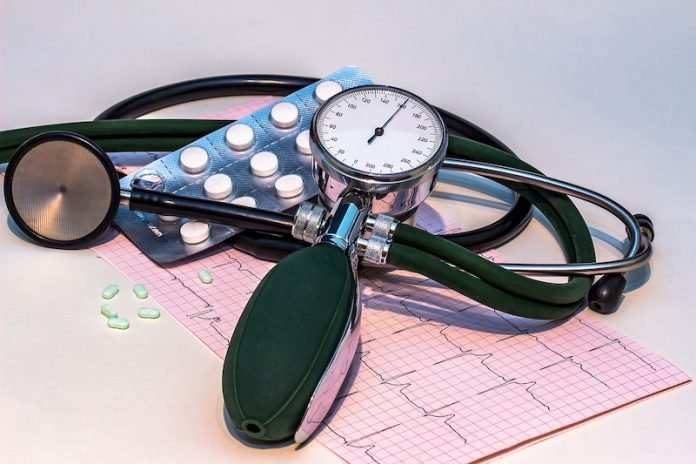
Cold and flu medicines are commonly used, but the can bring some health risks for people with chronic conditions.
According to experts from Michigan Medicine, for people with heart disease, it is okay to take cold medicines. But for people with high blood pressure, it is important to check the drug label carefully.
This is because ingredients in cold and some allergy medicines contain decongestants such as pseudoephedrine, ephedrine, phenylephrine, naphazoline, and oxymetazoline.
These components could increase blood pressure and heart rate. They also could prevent blood pressure medication from working properly.
In addition, some cold drugs contain high amounts of sodium, which can raise blood pressure.
Therefore, it is important for high blood pressure patients to take medication free of those ingredients.
The researchers also suggest that for allergy sufferers with heart disease, medicines such as Allegra, Zyrtec or Claritin should be safe.
However, medicines containing decongestants, such as iAllegra-D, Zyrtec-D, and Claritin-D, could raise e blood pressure and heart rate or affects heart medication.
To manage a cold with high blood pressure, the researchers suggest that people do the following things:
Take Coricidin HBP, which is free of decongestants;
Drink plenty of fluids, including water, juice, tea, and soup, to prevent dehydration and clear mucus from your lungs;
Take a pain reliever such as Tylenol or Motrin for fever, sore throat, body aches, and headache;
Flush your sinuses with a saline spray to relieve nasal congestion;
Soothe a sore or scratchy throat with lozenges;
Use a vaporizer or humidifier if necessary to boost humidity;
Get plenty of rest; and
Return to your doctor after five to seven days to make sure you’re on the road to recovery.
The researchers suggest that it is important to always check with your pharmacist before you take a new medication to see if it is compatible with your current medical condition.
Copyright © 2019 Knowridge Science Report. All rights reserved.



